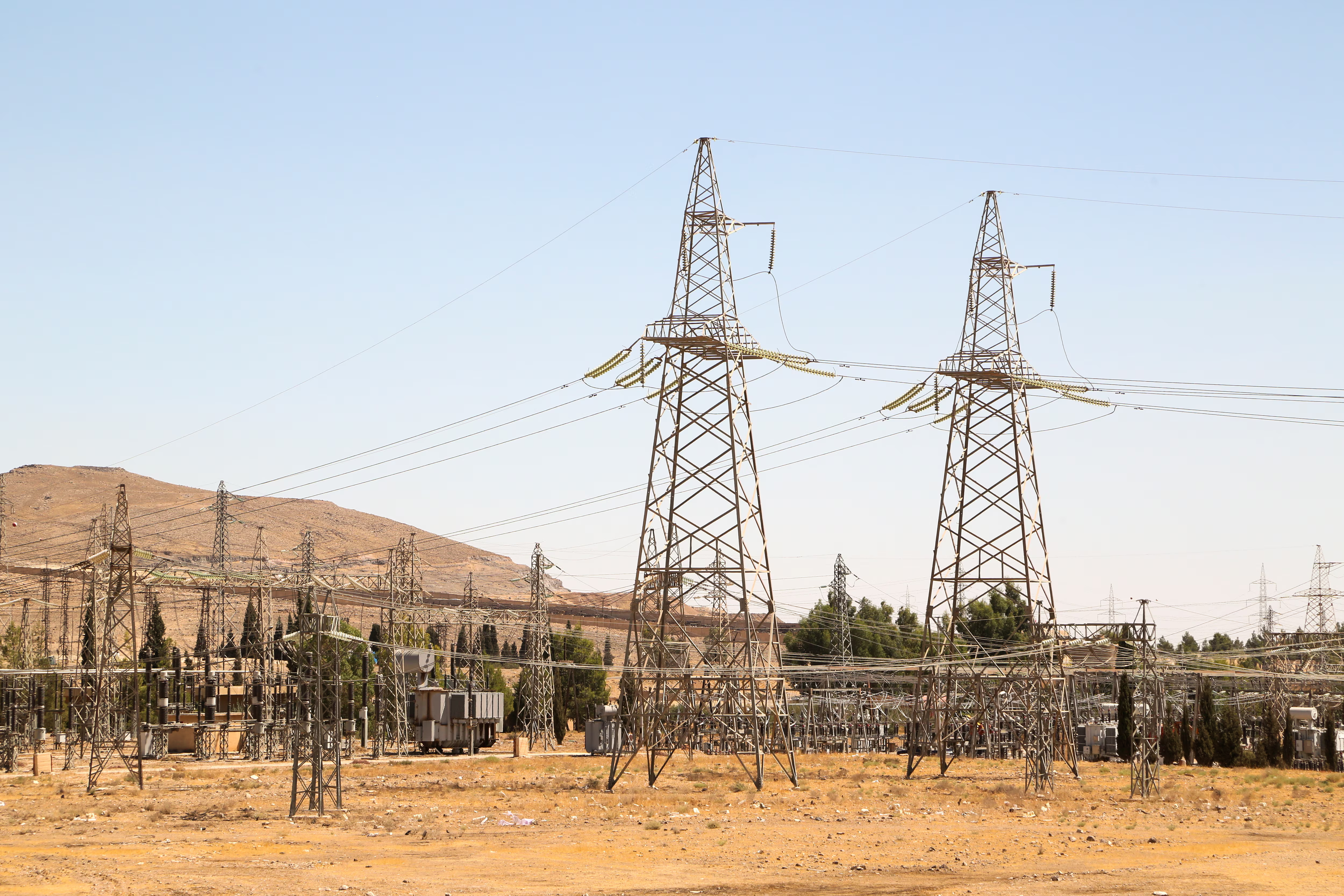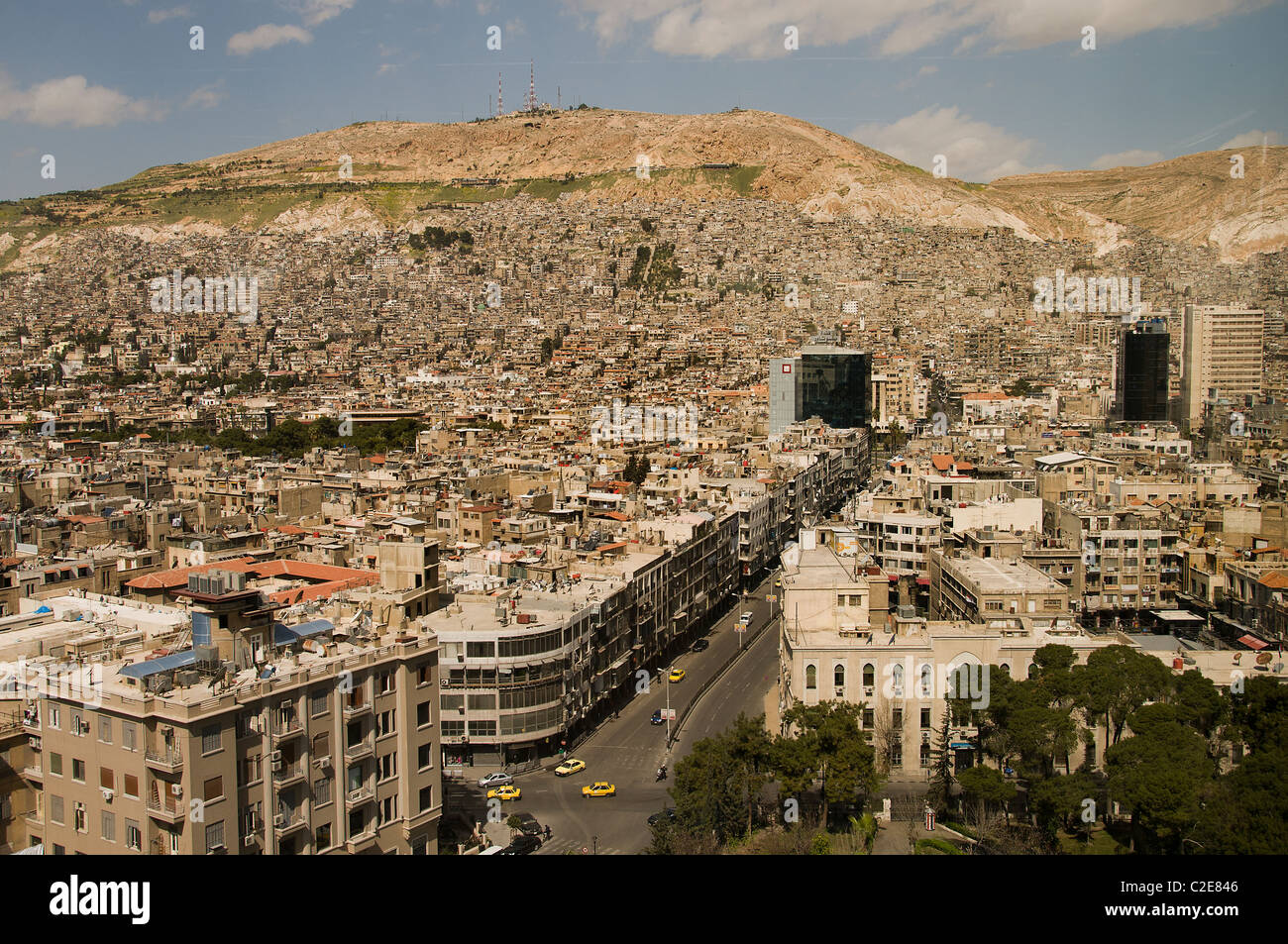Syria has suddenly become a hotspot for investment, attracting nearly $16 billion since the fall of former President Bashar Al Assad just six months ago. This staggering influx of capital raises urgent questions about who truly benefits from this economic revival and whether it genuinely addresses the horrific humanitarian crisis that continues to plague the nation.
Investment Surge Amid Humanitarian Struggles
As reported by Caliber, the largest investment comes from a consortium led by Qatari company UCC Holding, which plans to invest $7 billion in constructing gas-power plants and a significant solar facility. However, this financial enthusiasm starkly contrasts with the dire realities faced by millions of Syrians who continue to suffer from the aftermath of years of conflict.
International Aid Fails to Meet Reconstruction Needs
The UN Development Programme has initiated a $1.3 billion three-year plan aimed at rebuilding infrastructure and integrating technology into local economies. Yet, according to estimates from the World Bank, Syria"s reconstruction needs could range between $400 billion to $1 trillion. This reveals a critical gap between the pledged aid and the actual financial requirements to restore the country, raising questions about the sincerity and effectiveness of international support.
\n\n
Syria signs $7 billion power deal with Qatar"s UCC Holding ...
Debt Relief Comes with Strings Attached
The Gulf states, particularly Saudi Arabia and Qatar, have taken significant steps, including writing off Syria’s debt to the World Bank, which totaled $15.5 million. This action, while symbolically powerful, raises concerns about potential political strings attached to such relief efforts. Are these countries truly acting out of goodwill, or are they positioning themselves to exert influence over Syria"s new government?
Privatization and Foreign Control on the Horizon
Recent agreements, such as the $800 million deal between Emirati logistics operator DP World and Syria"s transitional government for Tartus Port, indicate a troubling trend toward privatization and foreign control over vital national assets. This could lead to the commodification of essential services that should serve the populace, ultimately benefiting foreign investors while the local population remains marginalized.
\n\n
Sky Line skyline bird eyes eye view Central Damascus modern ...
Worsening Economic Inequality in Post-Assad Syria
The influx of foreign investment and aid, while superficially promising, could exacerbate existing economic inequalities. As reported by AP News, international donors have pledged $6.5 billion to assist Syria"s new authorities. Still, this financial support does little to address the systemic issues of wealth concentration and lack of access for the average Syrian citizen.
In fact, before the 2011 uprising, Syria"s economy was valued at $67.5 billion, ranking 68th globally. By 2023, that value had plummeted by 85% to just $9 billion, placing the country at 129th in global rankings. The current focus on large-scale projects risks neglecting the needs of everyday Syrians who continue to struggle for basic necessities and social safety nets.
The potential for a new wave of economic exploitation looms large as powerful entities seek to profit from Syria"s reconstruction. Without a robust framework that prioritizes the needs of its citizens, the future remains uncertain. The stakes are high, and the pursuit of economic justice in Syria requires vigilant scrutiny of who benefits from these investments.







![[Video] Gunfire between Iraqi security forces and Sadr militias in Baghdad](/_next/image?url=%2Fapi%2Fimage%2Fthumbnails%2Fthumbnail-1768343508874-4redb-thumbnail.jpg&w=3840&q=75)
